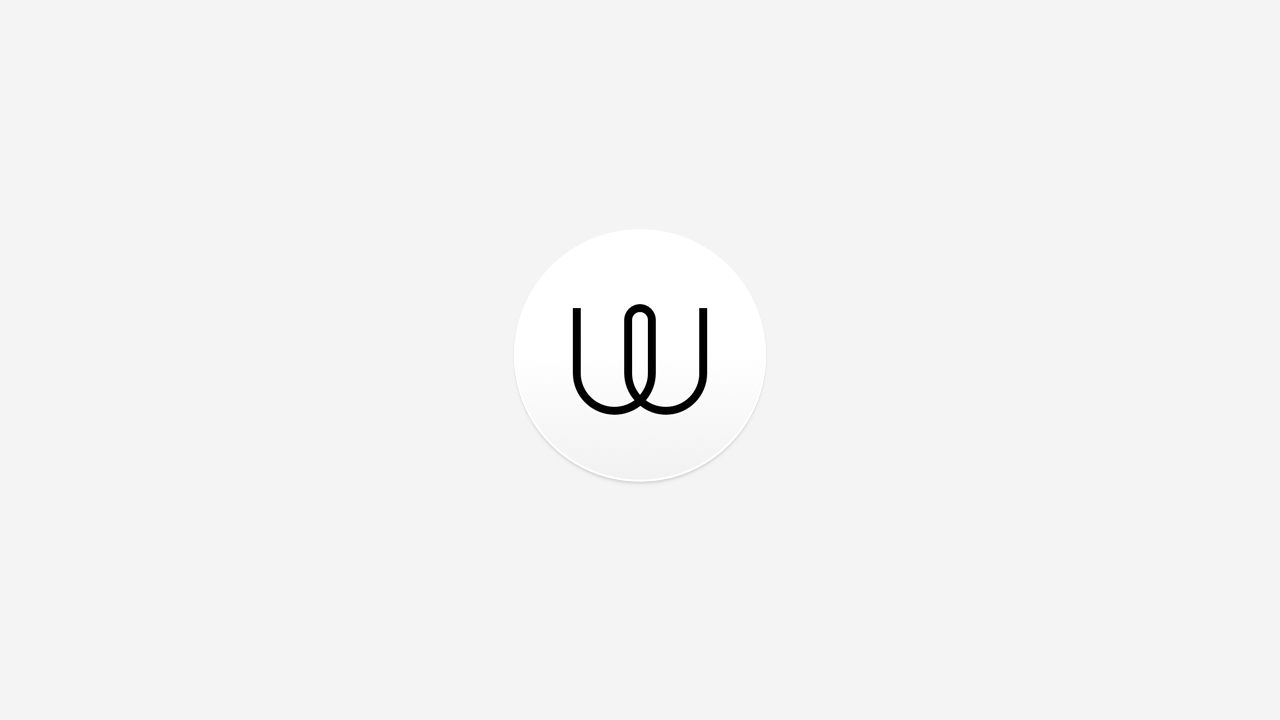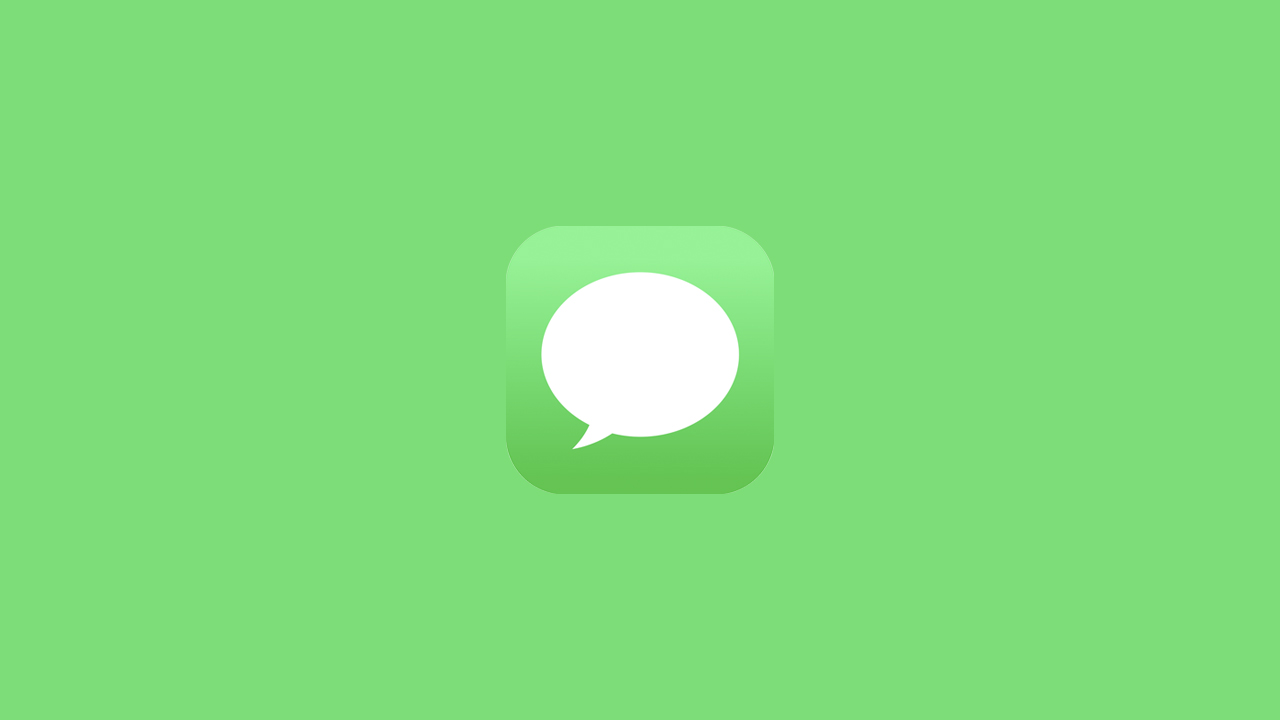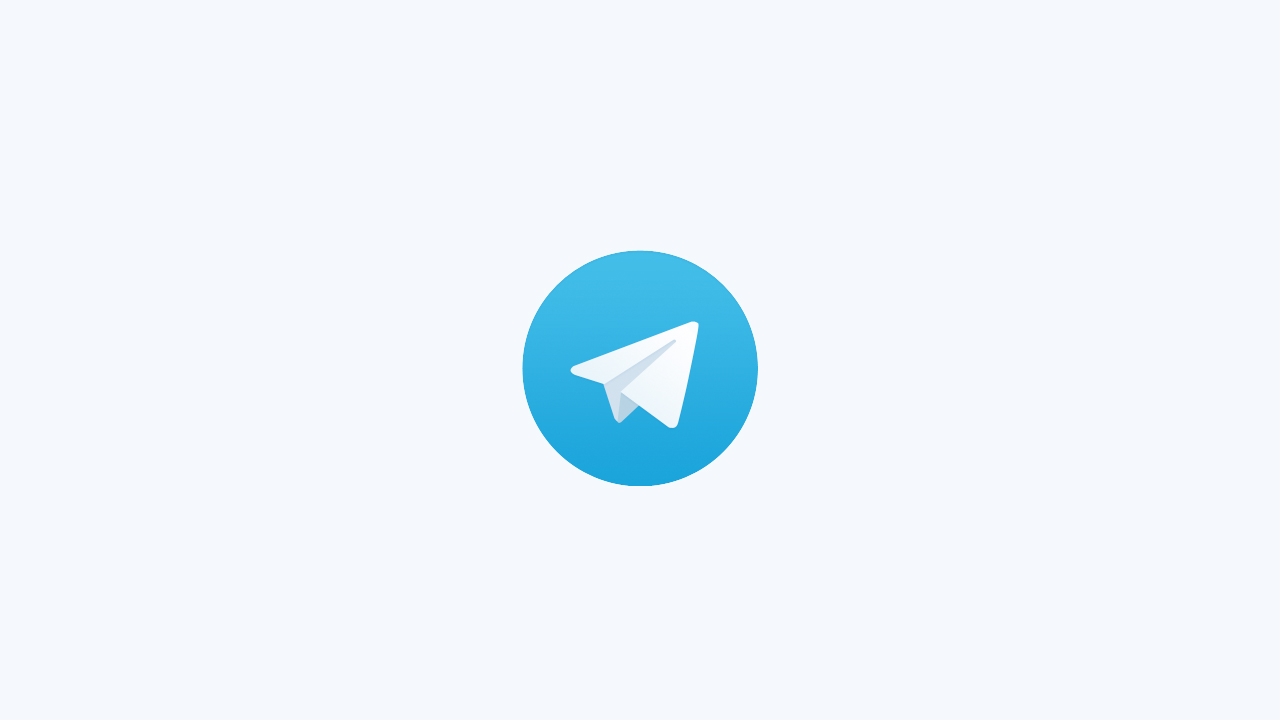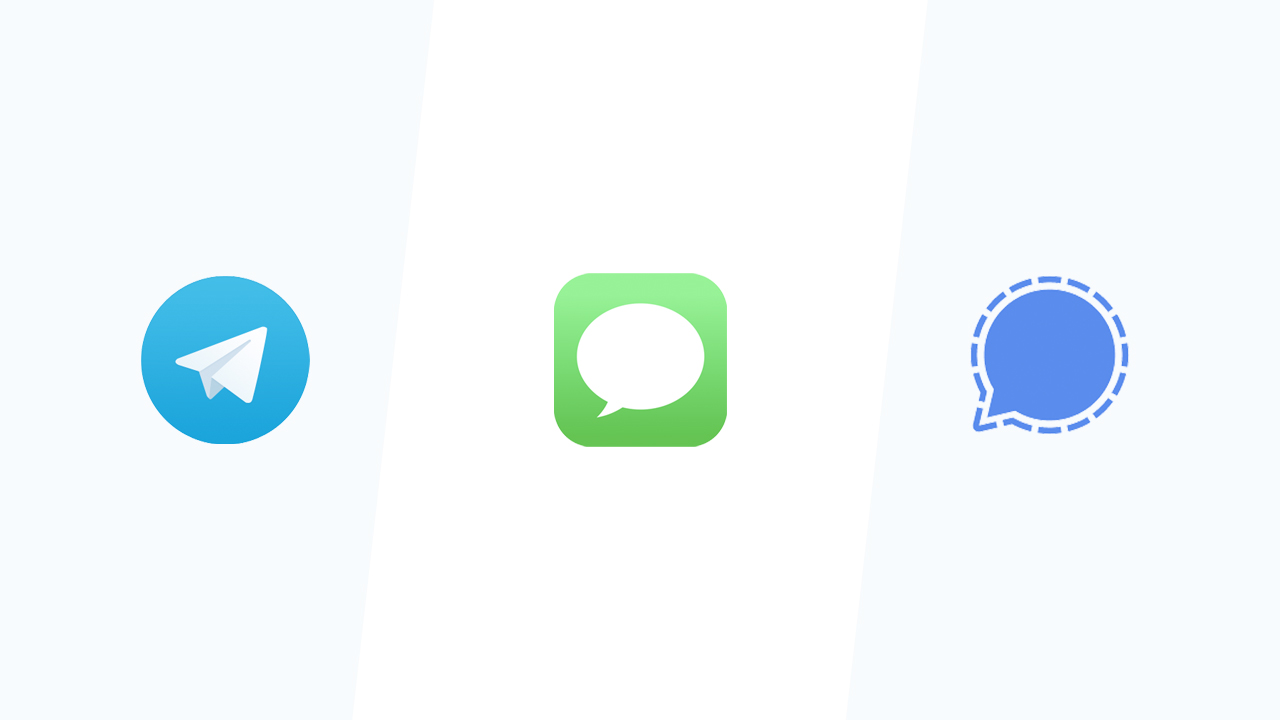
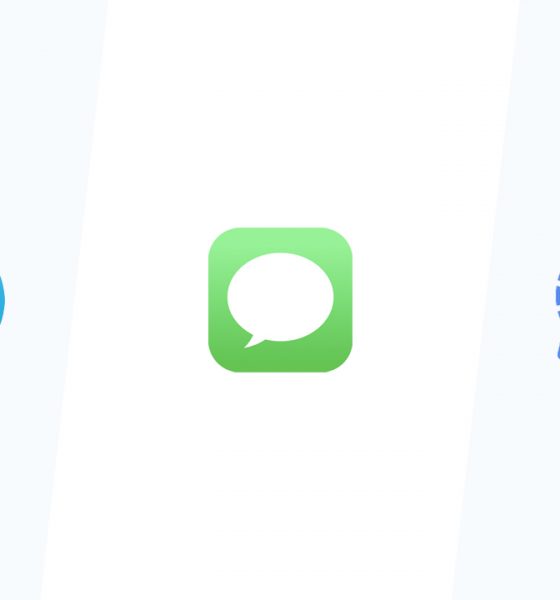
The messaging apps we use every day should be private and secure. After all, personal messages reveal a lot about us. However, the recent WhatsApp debacle showed us that even the best messaging apps can succumb to sketchy practices.
A lot of companies these days advertise their messaging apps as “secure” but fail to live up to that promise. By default, users on the market for secure messaging apps should look if the app promises end-to-end encryption (E2E) for messages.
In simplest terms, end-to-end encryption means your messages are encrypted on the device before they get sent to servers. Encrypted here means turning your messages into random characters that only you and the person you’re sending the message to can properly read with a shared key. Think of encryption as sending secret letters with garbled characters to someone where the garbled characters can only be read with a guide.
With end-to-end encryption, you can be confident that no third parties will be able to read your messages. Only you and the person you are sending the message to can read the encrypted message. This is important in this day and age especially when malicious hackers companies and even governments are out to get your message for different reasons such as blackmailing, profiteering, and surveillance.
So, here are the five best secure messaging apps that you can use every day with E2E enabled by default.
1. Signal: the up-and-coming alternative to WhatsApp
If you’re after the best of the best, then Signal is the one to get. This messaging app’s popularity skyrocketed as a result of the WhatsApp debacle. Suffice to say, the app continues to attract more users wary of the policy change in WhatsApp.
One major draw of Signal is its simple and intuitive interface. It works just like any other messaging app on the market. If your contact uses Signal, you can initiate a chat or a call relayed through secure servers. As for the chat features, you get file and image sharing, audio clips, stickers, GIFs, and reactions. You can even set your messages to disappear after a period of time.
Group calls and chats work the same as you expect from other competing messaging apps.
Signal encrypts messages using its own open-source encryption protocol which has been touted as one of the most secure in the market. The whole app is also open-source so anyone can view and scrutinize the code of the app.
If there’s one major disadvantage to Signal, it would be the lack of users and features as compared to other popular messaging apps. As a consolation though, it counts influential figures such as Elon Musk and Edward Snowden among those who use it.
Another disadvantage for some users is that the app requires a phone number to register. It may not sound like a big deal, but it is a complete put-off for users who are concerned about their privacy. Luckily, developers have already confirmed that it is working on alternative ways for user registration.
The app is available for Android and iOS. For the best experience, you can also install Signal for Desktop which lets you send messages even without your smartphone nearby.
2. Wire: made in Switzerland
Wire may not exactly ring a bell to most, but it is one of the up-and-coming secure messaging apps in the market. Like Signal, it encrypts all messages by default. Originating from Switzerland, Wire users are covered by stricter European laws so you have that extra peace of mind.
The app also touts a simple and modern interface that makes it stand out in the crowd. Like other messaging apps in the market, it offers an easy way to chat with your friends or family members. It also supports image and file sharing, audio clips, GIFs, and message reactions. It even does secure voice and video calls.
Everything in the app is also open-source, just like Signal.
The app also offers additional features for businesses and organizations. These include secure collaboration features such as conferencing. Of course, those extra niceties come at different tiers and prices — Wire Pro and Wire Enterprise. As a side note, you can easily switch between personal and work accounts on the app.
Wire is available to download for Android and iOS. It also offers a web login for desktop users.
3. Wickr Me: best for businesses
Wickr Me works exactly like Wire, catering to both individuals and businesses. However, the app has three versions: the regular Wickr Me, a Wickr Pro version, and the enterprise-focused Wickr Enterprise. For most users, however, the regular Wickr Me is more than enough for their secure messaging needs.
By default, the regular Wickr Me features individual and group messaging for up to 10 people. You don’t need a phone number or an email address to register. In terms of interactivity, the app allows sending of files, images, and voice clips in a conversation. You can even set your messages and files to automatically delete themselves after a set amount of time.
The downside is that it lacks some features that are standard in other messaging apps. For example, it doesn’t have support for GIFs, message reactions, and replies. The biggest downside, however, is that you can only do audio or video call up to one person at a time on the regular Wickr Me.
Wickr Me shines the best when it comes to business use cases. Wickr Pro and Wickr Enterprise bump up the limit of group chat participants to 500 people and allows for group audio and video calls. These versions also gain broadcasting and screen sharing features. Wickr Enterprise even allows for self-hosting and full customization for big businesses.
All the versions of Wickr Me are open-source. Android users may get it on the Google Play Store while iOS users on the Apple App Store. There are also desktop apps available for Windows, macOS, and Linux users.
4. Threema: that one-time fee is worth it
Threema may put you off with its one-time cost of US$ 2.99, but that price is worth it since you’re looking at one of the most versatile and secure messaging apps in the world. It even boasts itself as being more secure than Signal.
The app doesn’t require phone numbers for registration. Instead, you are given a random ID upon signing up. From here, you can choose to optionally link your phone number or email address. Since it complies with strict European General Data Protection Regulation (GDPR) laws, you are guaranteed additional protection for your messaging data. Not to mention, the whole app is also open-source.
There is also a plethora of features to explore on the app, including unique ones that can’t be found in others. It supports text and voice messaging as a standard. You can also create groups though you can’t initiate a group call at the moment. Sending media, files, and location is supported too. On top of it all, you get a handy polling feature and text formatting.
Like most on this list, Threema struggles in terms of total users. It doesn’t help that the app requires a one-time fee to use it, putting off potential users. Despite this one-time fee though, the app enjoys high rankings on both Android and iOS platforms.
You can get the app on Android and iOS. Desktop users may also access Threema via this web app.
5. iMessage: for Apple users only
Into the Apple ecosystem? You will be glad that Apple offers its own secure messaging app for users — the ever-popular iMessage. Even though it has a few downsides of its own, the Apple-exclusive messaging app is more feature-rich than ever.
Its rich set of features has made it one of the top choices for a secure messaging app. Like its competitors, it boasts secure text and voice messaging. Users have the ability to send media files too. Support for message reactions is here too, along with the ability to do inline replies. Plus, you get plenty of integrations with third-party apps that support iMessage.
Memojis and animojis are here to spruce up the messaging experience too. The app ties nicely into the whole Apple ecosystem, taking advantage of exclusive features such as iCloud backup which is godsent for iPhone users who regularly upgrade their devices.
Of course, the biggest drawback to iMessage is its limited availability. You cannot get iMessage on other non-Apple devices, and there is no indication that this will change in the future. Third-party solutions exist to remedy this but be warned that they are not officially recognized by Apple.
Another major downside is its closed-source nature. That means that independent security auditors can’t view and verify if iMessage is as secure as Apple would like its users to think.
Since this is Apple-exclusive, you can only get this on iOS and macOS devices. There is no need to install anything since the app is already integrated into the default messaging app.
Telegram: use at your own risk
The fallout of the whole WhatsApp debacle is a surge in the use of Telegram, a widely-popular messaging app that touts secure messaging for all. However, there is a big if to this premise. Telegram actually doesn’t use end-to-end encryption by default unless a user opts to do so via the “Secret Chats” feature.
Granted, users enjoy better features when using this as compared to others on this list. Most of these features, however, are only available to chats not using end-to-end encryption. Worse, end-to-end encrypted chats are limited to one person, unlike the others which allow for group messages.
As a tiny consolation though, voice and video calls are end-to-end encrypted by default. This doesn’t erase the fact that Telegram isn’t as secure as the company claims it to be, so use it at your own risk. If you really have to use it though, you will need to start a new message while selecting the secret chat feature.
Encryption is the key
In this day and age, it’s better to be safe than sorry. This doesn’t only apply to physical situations (especially at a time of pandemic), but also to digital scenarios such as communicating with others. Malicious hackers, rogue agencies, and even ordinary tech companies have gotten more sophisticated in acquiring personal data — simple safeguards just won’t work anymore.
In looking for a secure messaging app, you should always check if it offers end-to-end encryption by default. Encryption literally is the key to ensuring that your messages remain safe between you and your intended recipients.
Luckily, the market nowadays is moving towards enabling end-to-end encryption by default. Facebook, for example, has promised to enable it across all of its messaging apps in the future. Until then, you should be wary of using messaging apps and use common sense in giving out personal information.

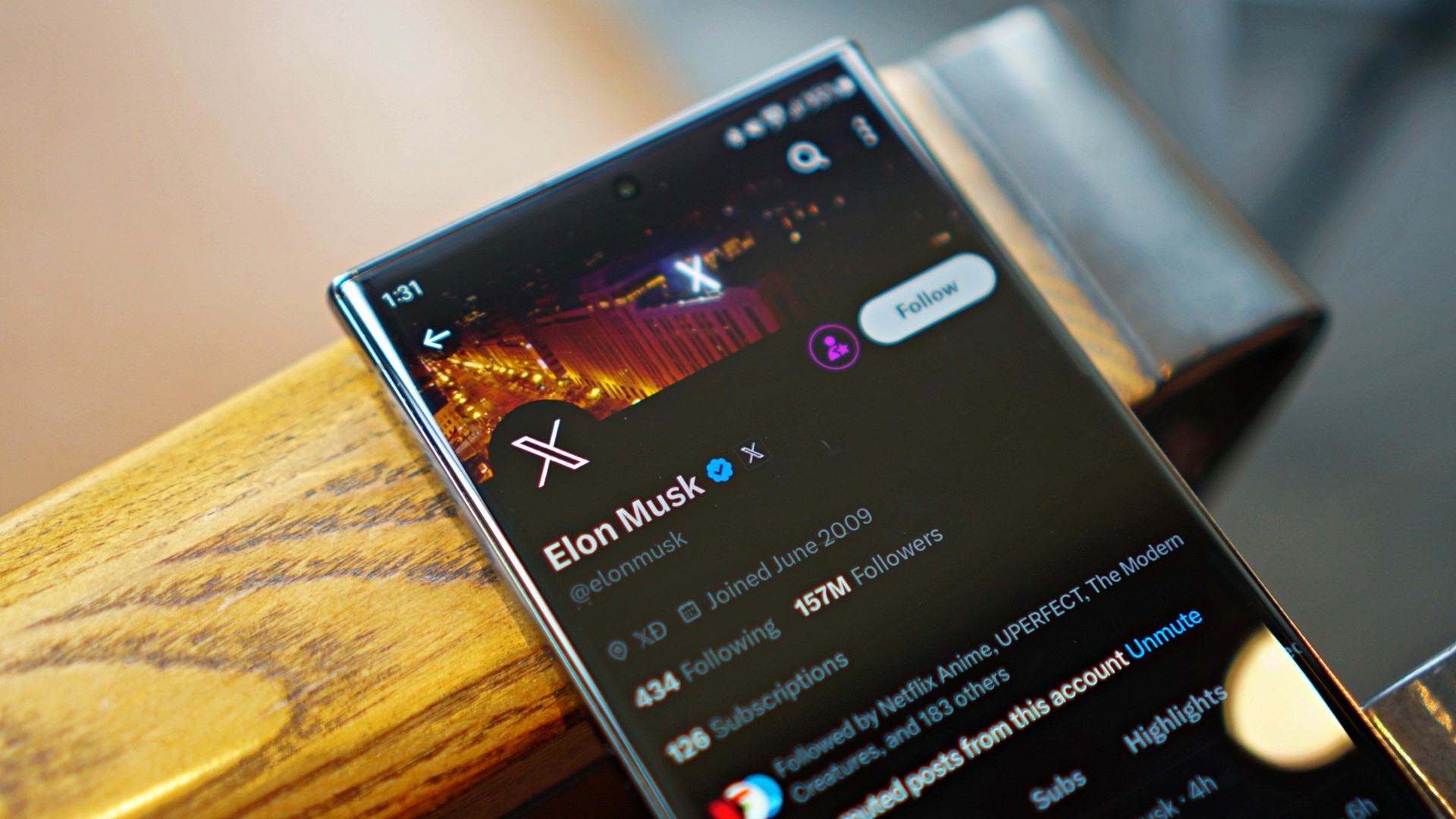
New users on X might soon face a tough time on the platform. The social media website will likely start charging new accounts a small fee for the right to post on the platform.
Now, the fee isn’t a new one. Almost six months ago, the company tested the paid system in New Zealand and the Philippines. New users in those countries had to pay a dollar per year for the ability to post and reply to content.
As spotted by X Daily News on the same platform, the company might be ready to take the experiment to a larger market. New text strings have shown that the policy is rolling out worldwide.
SPECULATION: X might be expanding its policy to charge new users before they reply/like/bookmark a post https://t.co/odqeyeiHBx pic.twitter.com/EU71qlwQ0D
— X Daily News (@xDaily) April 15, 2024
The policy is designed to combat a wave of bots appearing on the platform. By preventing new accounts from creating posts, X hopes to stave off the standard behavior of bots these days. You might have noticed them as OnlyFans creators in unrelated posts, peddling NSFW content on their bio.
Though the global rollout was only just spotted, owner Elon Musk has seemingly confirmed the change. Replying to X Daily News, Musk says that it is “the only way to curb the relentless onslaught of bots.” He says that the current breed of bots can easily bypass simple checks these days.
Apps
Disney+ might get always-on channels similar to cable TV
Featuring content from Marvel, Star Wars, and classic Disney
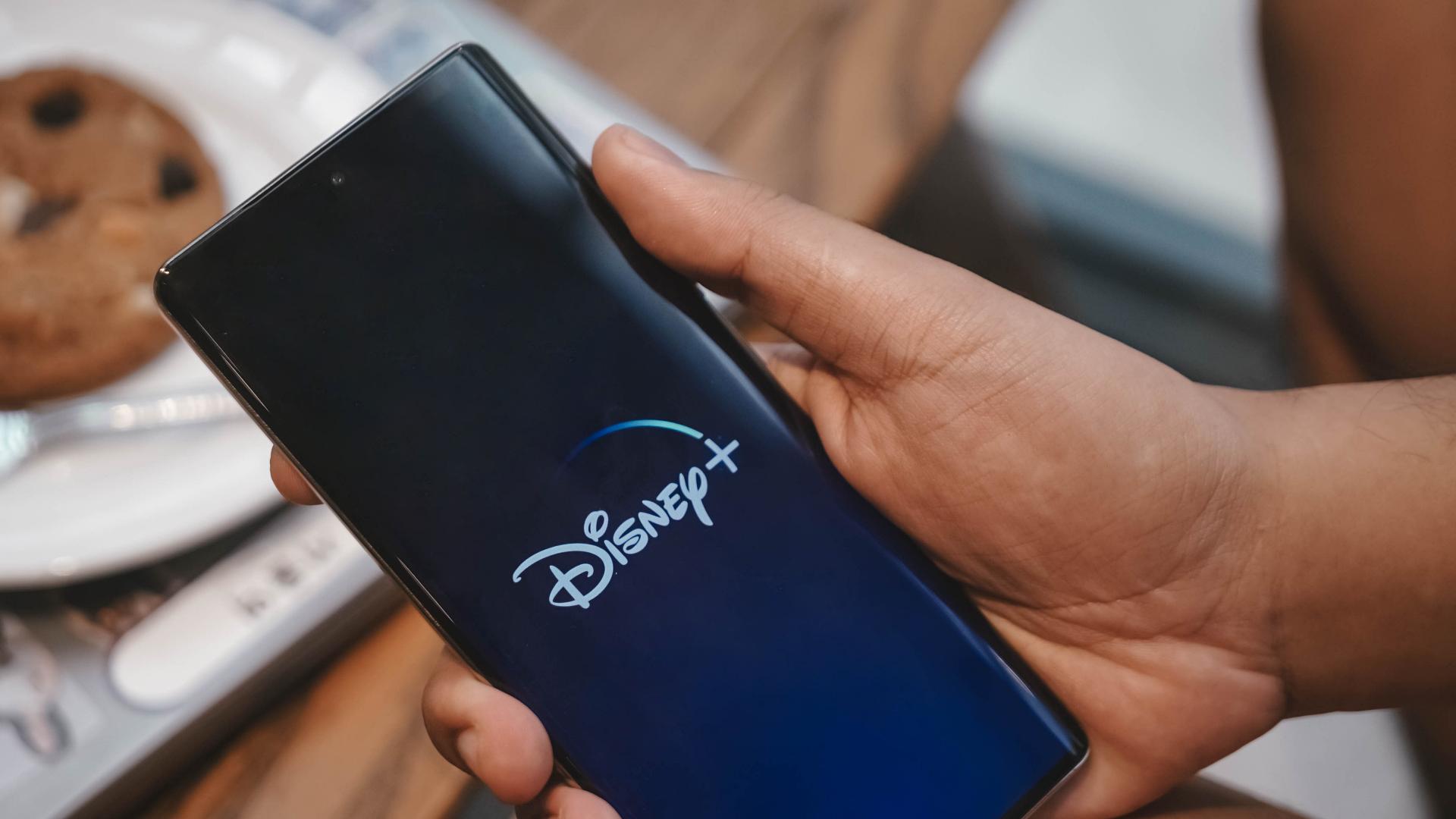
The burden of choice on streaming platforms is real. If you’re like us, you’ve spent hours just mindlessly scrolling through titles on Netflix or Disney+ without watching anything. Netflix, at least, has a Play Something button to fight off that irresistible urge. Now, Disney+ is reportedly trying something different: always-on channels.
If you already cut cable from your lives, you’re likely missing traditional channels or networks that have pre-determined programming. It was a flawed system that eventually ended up with mediocre content and a downpour of ads. However, cable did allow us to keep watching without deciding what comes next.
Now, according to The Information, Disney+ is working on adding those channels to its streaming service. Naturally, these channels will include content from the platform’s library such as Marvel, Star Wars, and its list of classic animated films.
Strangely, the reported feature might still have ads in between programs. Though the addition of ads does mean a better similarity with real television, users still have to be paying subscribers to access the channels. Even if you’re already paying for Disney+, you might still get hit with ads.
Disney has not confirmed the reports yet. The platform might launch a version of the feature outside of the scope included in this report. It’s also unknown when these always-on channels will launch.
SEE ALSO: Macross to be available on Disney+
A few years ago, Apple unleashed one of the most interesting features for the iPhone today: Emergency SOS. Designed for those who like their fair bit of the outdoors, Emergency SOS allows users to contact emergency services without network coverage. Other manufacturers, however, are struggling to adopt the same feature. Now, Google might soon join Apple in providing satellite connectivity for its users.
Despite the convenience, satellite connectivity hasn’t taken off as much as the industry expected it to. For one, a network of satellites isn’t the easiest thing to maintain. Apple is still currently offering its services for free, a gamble that may or may not pay off. Now, the iPhone maker won’t be alone.
According to Android Authority, Google might start offering the same service to Pixel 9 users. Starting with this year’s upcoming flagship, the company is reportedly teaming up with T-Mobile to create satellite connectivity for its users. The telecommunications network is teaming up with SpaceX for the feature.
The same report describes how the feature might work. Once activated, the feature will ask users of their situation: is everyone breathing, are people trapped, are weapons involved, among others. The phone will then relay this information to emergency authorities for a rapid response.
Unfortunately, pricing remains a mystery. While Apple is still offering its satellite connectivity for free, other brands might put the burden of cost on the end user. Hopefully, they won’t, but a paid version is unfortunately expected at this point.
SEE ALSO: Should you be excited for Apple’s satellite connectivity?
-

 Events2 weeks ago
Events2 weeks agoStellar Blade: PlayStation taps cosplayers to play Eve for game’s launch
-

 Features1 week ago
Features1 week agoFortify your home office or business setup with these devices
-

 Accessories2 weeks ago
Accessories2 weeks agoLogitech unveils G Pro X 60 gaming keyboard: Price, details
-

 Reviews1 week ago
Reviews1 week agorealme 12+ 5G review: One month later
-

 Deals2 weeks ago
Deals2 weeks agoTCL P635 TV: Big savings for TCL’s anniversary
-

 Gaming1 week ago
Gaming1 week agoNew PUMA collection lets you wear PlayStation’s iconic symbols
-

 Accessories1 week ago
Accessories1 week agoMarshall Major V: Reasons Why I Love It
-

 Gaming1 week ago
Gaming1 week agoMore PlayStation 5 Pro specs have been leaked


